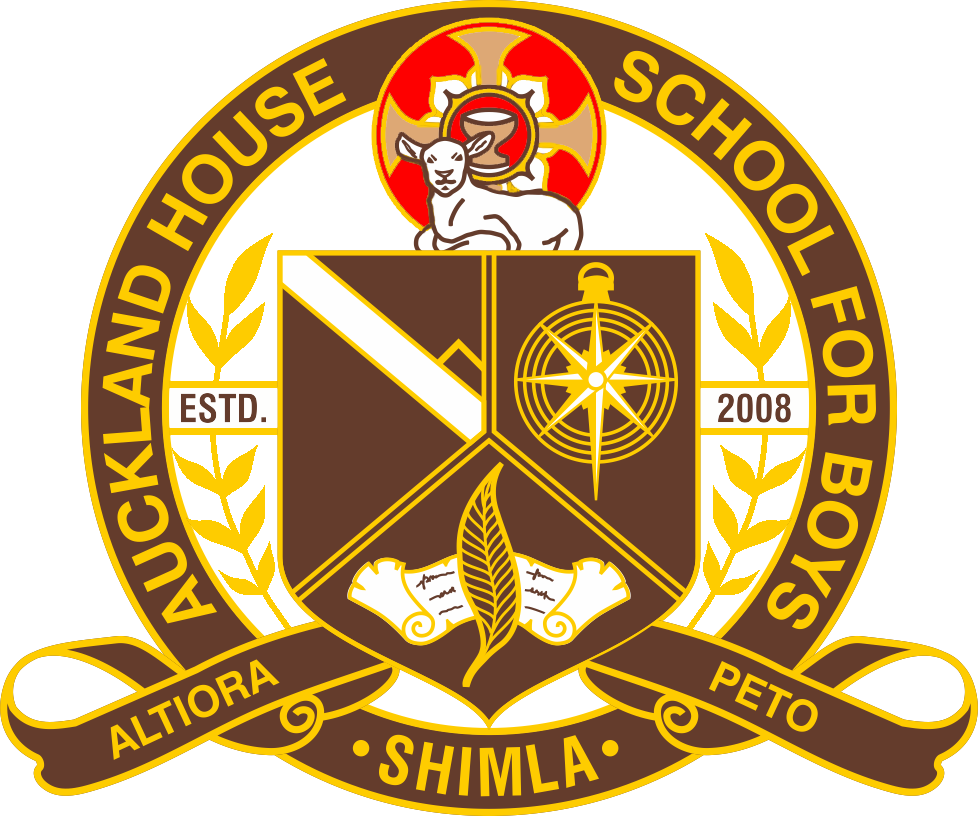
ACADEMIC GUIDELINES
ACADEMIC INTEGRITY
Academic integrity is the cornerstone of education at Auckland House School for Boys. It reflects our commitment to fostering honesty, respect, and responsibility in all academic pursuits. By upholding these principles, students prepare themselves not only for academic success but also for personal growth and ethical decision-making in life.
WHAT ACADEMIC INTEGRITY LOOKS LIKE AT AHSB
Submitting Original Work
o All homework, assignments, and projects must reflect the student’s own effort. It is essential for the learning process that a child’s work, even if incorrect or incomplete, is their own.
o Parents and guardians are encouraged to support the child but refrain from completing work on their behalf. Correcting mistakes helps the child learn and grow.
o Plagiarism—copying from classmates, books, or the internet without proper acknowledgment—is strictly prohibited.
Honest Assessments
o During exams, tests, and quizzes, students are expected to follow rules and avoid any unfair practices like cheating or sharing answers.
Acknowledging Sources
o When using ideas, quotes, or data from books, articles, or online resources, students must give proper credit through citations or references.
Avoiding Over-Reliance on Technology
o Students should not rely on phones or tablets to complete everyday schoolwork. The use of such devices often limits critical thinking and handwriting , practice both of which are vital for cognitive development.
o Instead, students are encouraged to work with pen and paper in exercise books and notebooks, which serve as spaces for trial, error, and growth. Mistakes in these books are not failures—they are opportunities for improvement and learning under the guidance of teachers.
Collaborative Projects
o In group tasks, all members are responsible for contributing equally and accurately representing their work.
Respect for Rules and Fair Play
o Academic integrity extends to respecting submission deadlines, following teacher instructions, and avoiding falsification of information.
Debating and Political Discourse
The Stoa, our debating society, provides students with the opportunity to hone their oratory and argumentative skills. In parallel, The Political Equity Society serves as a forum for discussions on political theory and issues of equity, offering students an environment to engage in meaningful dialogue about democratic values.
CONSEQUENCES FOR VIOLATING ACADEMIC INTEGRITY
Consequences of violations will be determined based on the type and severity of the infraction. There will be a limited but structured range of disciplinary actions to ensure fairness and learning from the process.
Classwork Dishonesty
o Examples: Copying homework, submitting work completed by someone else, or minor plagiarism.
o Consequences:
A verbal or written warning.
Opportunity to redo the work with guidance from the teacher.
Grade reduction for the specific assignment if repeated.
Examination Dishonesty
o Examples: Using unauthorized aids, cheating, or exchanging answers during tests or exams.
o Consequences:
Immediate nullification of the test or exam.
Notification to parents/guardians.
Possible disqualification from future assessments for repeated offenses.
Severe or Repeated Violations
o Examples: Falsification of records, persistent cheating, or plagiarism in major assignments.
o Consequences:
Referral to the school disciplinary committee.
Suspension from school activities or examinations.
Final warnings or expulsion for extreme cases.
Each case will be evaluated on an individual basis to ensure the consequences align with the nature of the infraction and provide an opportunity for reflection and improvement.